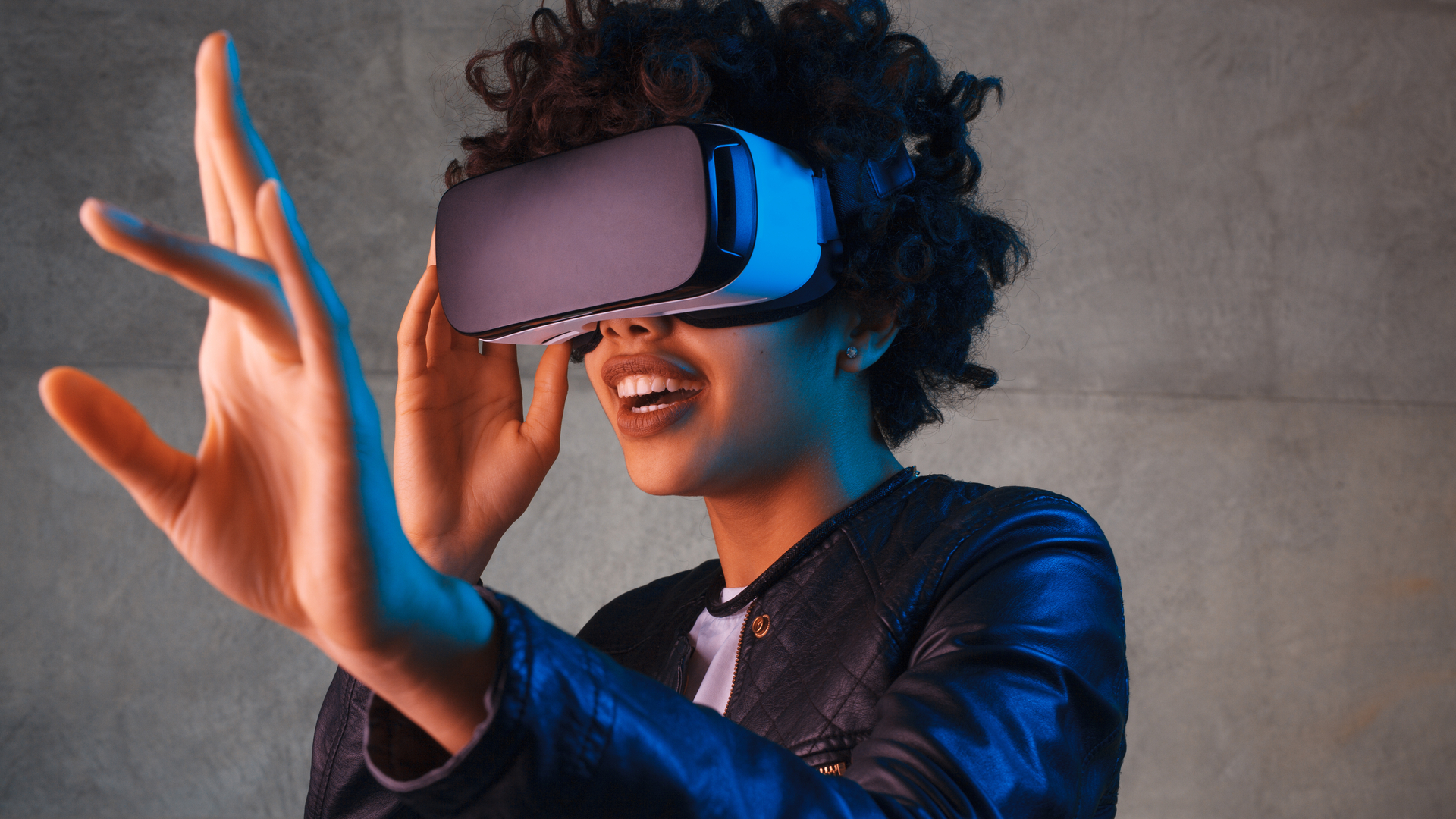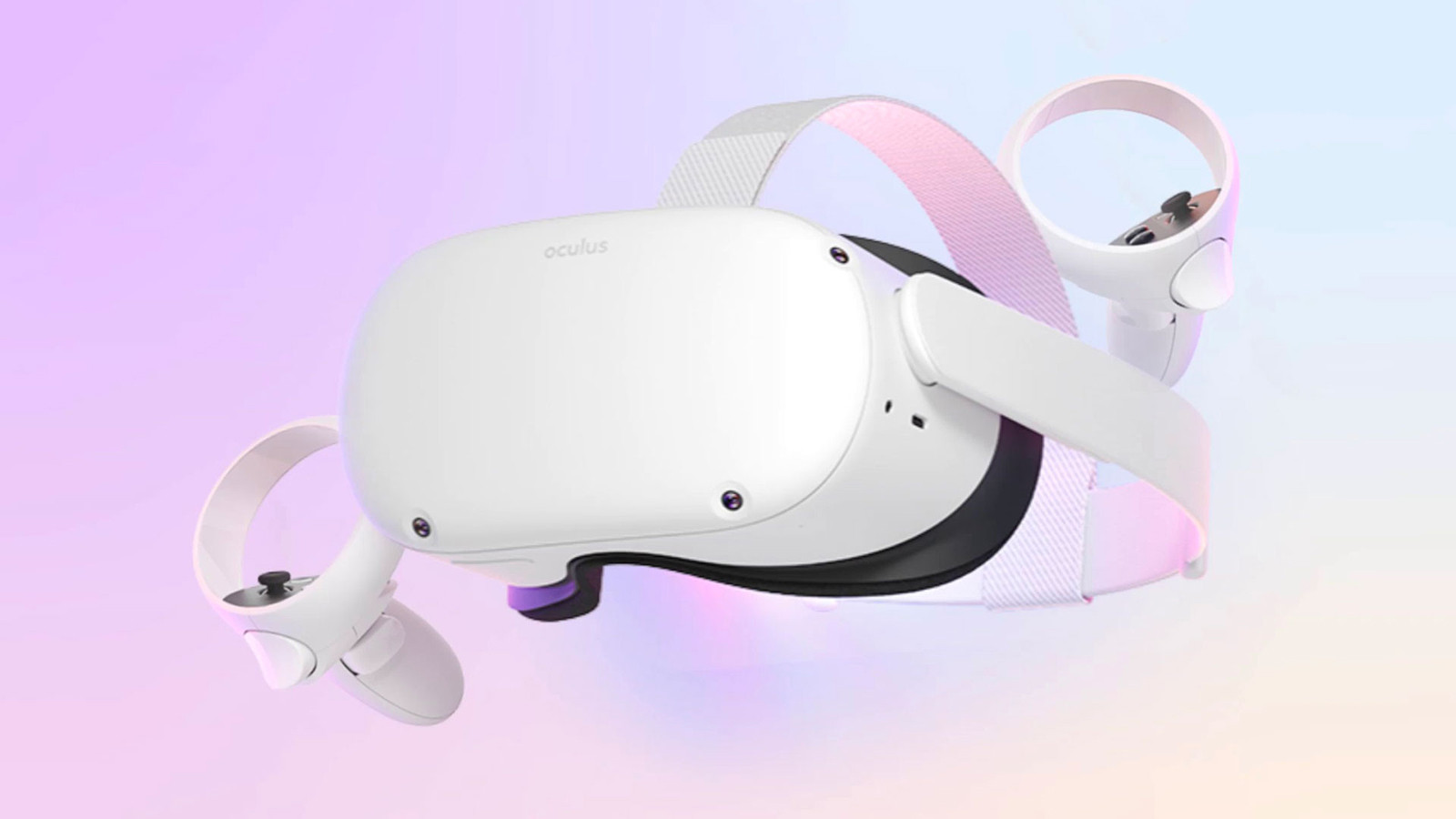Apple MR headset could be as powerful as a MacBook Pro – but only for short bursts
Is Apple pairing big processing power with a small battery?

Analysts predict that Apple’s MR headset will have the same computing power as the MacBook Pro – even if other reports suggest you’ll only be able to use it for brief periods of time.
The speculation surrounding the mixed reality headset’s processing power comes from Apple analyst Ming-Chi Kuo (via AppleInsider). He predicts the Apple headset will likely have the same M1 chip and similar computing power as the MacBook Pro, given the Apple MR headset reportedly requires the same 96W charger as the premium laptop.
Unfortunately, though, this impressive power may come with limitations, as Bloomberg’s Mark Gurman cites multiple sources in saying that the Apple headset is designed to be used only in short bursts.
We doubt Apple would impose digital time-outs on its customers to lock them out of the headset, so it’s more likely due to the company intentionally installing a small battery to force users back into the real world periodically.
Given that previous rumors have indicated Apple wants the headset to weigh less than 150g – the Oculus Quest 2 weighs 500g by comparison – but also wants it to perform premium mixed-reality functions, reducing the battery’s size will be a necessary step to keep weight down.
As with all leaks, we have to take this new information with a pinch of salt, but these latest reports do create consistent image of what we should expect from an Apple AR device – and we’re not fans of what we’re hearing.
Analysis: Stiff competition from Meta
Apple’s premium MR headset will face some stiff competition when it enters the market.
Sign up for breaking news, reviews, opinion, top tech deals, and more.
The biggest name in the game currently is the Oculus Quest 2, a juggernaut of a VR headset from Meta that has sold over 10 million units worldwide.
The main draw of the Quest 2 is its reasonable price – you can pick one up for just £299 / $299 / AU$479 – and it there are a plethora of great Quest 2 games you can enjoy for sessions up to about four hours (which is more than enough right now).
The Quest Store’s game list includes excellent exclusives such as Resident Evil 4 VR and The Climb – and by the time Apple’s headset launches we might also be playing GTA: San Andres VR too.

Apple’s headset, on the other hand, is expected to cost significantly more with a price tag of around $3,000 / £2,200, AU$3,900.
The rumored M1 chip would make it run significantly faster than the Quest 2, and the mixed reality features – which would allow it to move between augmented reality and virtual reality experiences – could help it stand out.
Despite this, we’re not sure those outside of Apple’s diehard fans will be that interested. We suspect this device will live or die based on the software released alongside it – something we know very little about right now.
Gamers and those looking for remote working options can turn to awesome apps on the Quest 2; Apple will need to supply exceptional alternatives if it wants to encourage people to spend 10 times what they’d spend on Meta’s headset.
Additionally, we’ll need to see what Meta (formerly Facebook) does with its Project Cambria headset which is expected to launch this year. Cambria is being marketed as a premium wireless VR headset and is likely to be seen as a direct competitor to the mixed reality Apple device.
Cambria comes with an early advantage, thanks to the Quest Store library of software. If it can position itself as a more useful and cheaper alternative – aiming for a $1,500 / £1,100 / AU$2,100 price tag or less – then Apple’s device would have even fewer reasons to exist.
Then there's the Oculus Quest 3 that is expected to launch next year – and that's aside from PC-VR competitors like the Valve Index and HTC Vive Pro that already offer high-end VR at a premium price.
We'll have to wait and see how Apple's MR headset fares this year, but we're not confident it'll go the distance – by this time in 2023 we should know if we're right.
- Check out the best VR headsets you can buy in 2022

Hamish is a Senior Staff Writer for TechRadar and you’ll see his name appearing on articles across nearly every topic on the site from smart home deals to speaker reviews to graphics card news and everything in between. He uses his broad range of knowledge to help explain the latest gadgets and if they’re a must-buy or a fad fueled by hype. Though his specialty is writing about everything going on in the world of virtual reality and augmented reality.